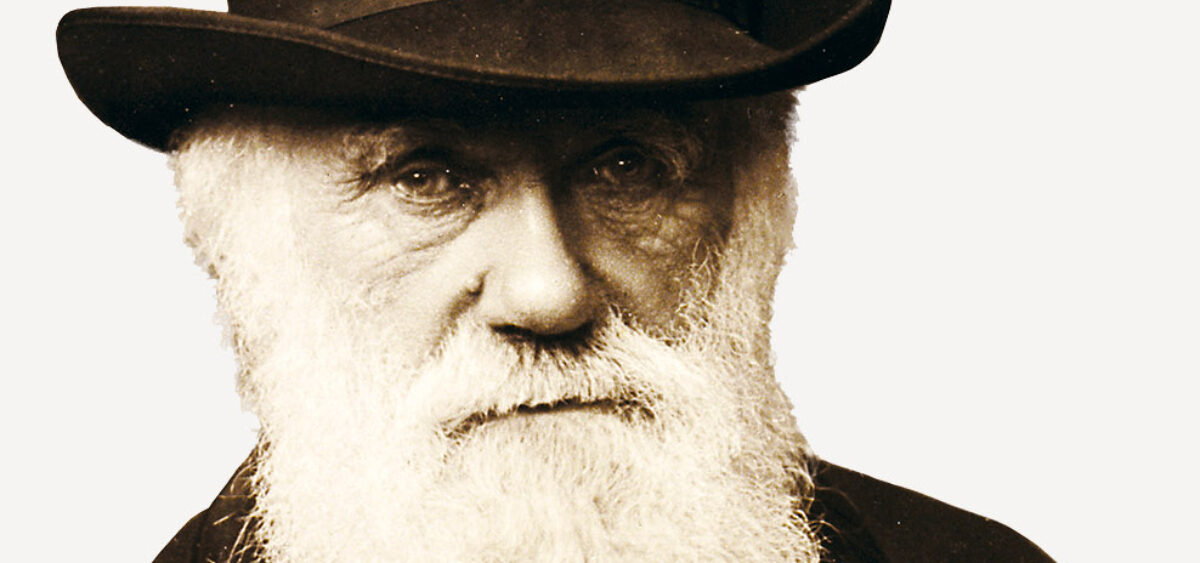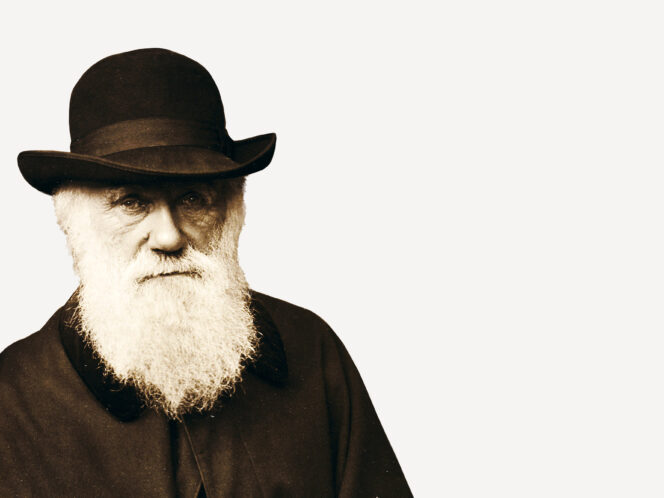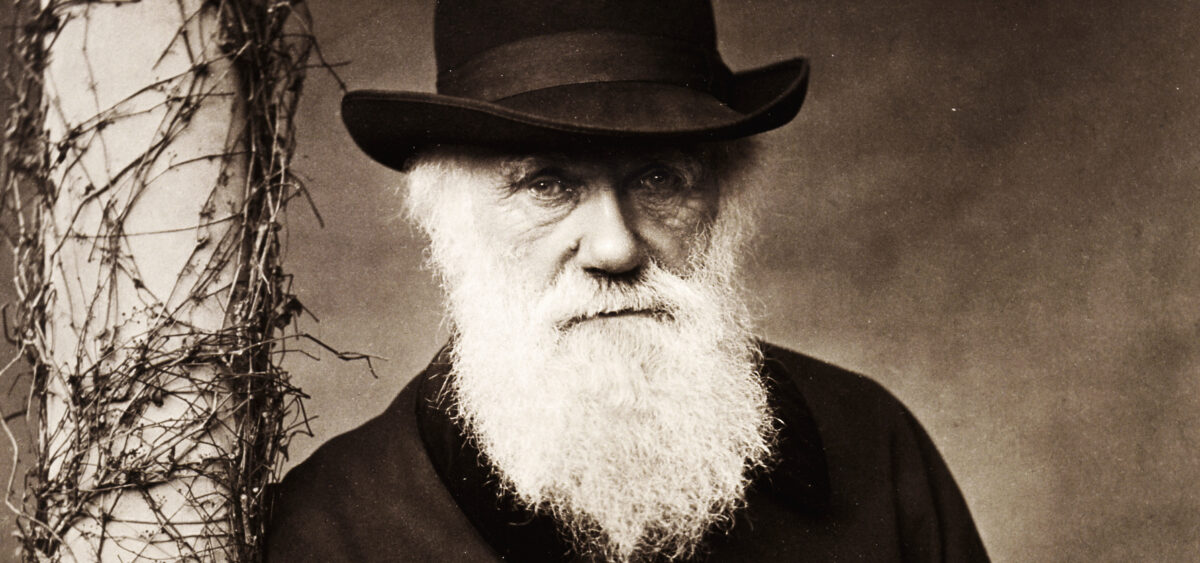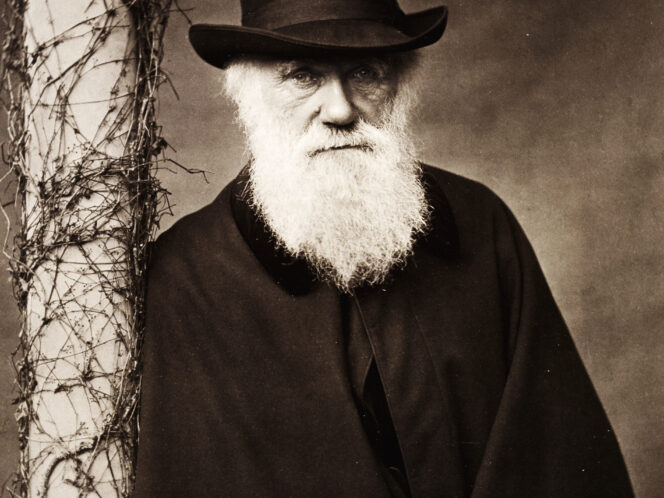
In order to try to briefly describe the story of Charles Darwin and his revolutionary theory we could use five words: chance, restraint, ingenuity, practicality and diligence . . .
When HMS Beagle finally left the British port of Plymouth on December 27, 1831, no one had any idea that the fate of humanity had taken a turn, and that our species would soon embark on the most fascinating, instructivem and consequential journey in its intellectual history.
A Chance Trip in Spite of His Nose
Charles Robert Darwin was certainly not thinking about that when, thanks to some acquaintances, the young graduate, who was just shy of his 23rd birthday, was hired as a geologist and gentleman on the crew of the Beagle. Captain Robert FitzRoy took him aboard principally in order to have an intelligent person to talk to during the three-year research voyage. They were already one month late in departing, chiefly because of the raging December storms, but also because they had lost at least one day to Christmas drunkenness.
Darwin was unaware that he had very nearly not been selected for the trip. FitzRoy was a great admirer of the then-very fashionable idea of phrenology, which looked for links between the shape and size of the cranium as a supposed indication of character and mental abilities. During their first meeting, FitzRoy wanted to reject him for his “strange nose,” which allegedly indicated no great intellect, nor the required determination. However, during that first discussion, he changed his mind and, on that occasion at least, the pseudo-scientific theory didn’t get in the way of true science. Both earlier and, surprisingly, nearly two hundred years later, this often happened.
Darwin was young and bright with a Cambridge education, and he came from a very good family with a long tradition of intellectual pursuits. His father was a famous doctor and his grandfather, Erasmus, a famous geologist (in addition to his well-deserved infamy as a womanizer and reveller). Against the wishes of his parents, Charles gave up his medical studies, later completing a standard bachelor’s degree (including a course in geology), but rather than studying, he preferred gentlemanly pursuits, such as horse riding, shooting birds and collecting rare beetles. He was always interested in the natural world and read widely on the subject, but, as he himself later claimed, during this time he derived more pleasure from Shakespeare, Milton, and Byron, as well as a number of other poets. However, he was certainly honest, methodical, and inquisitive. On the expedition, he was supposed to concentrate on geology and collect as many specimens as possible, including animals and plants—both








